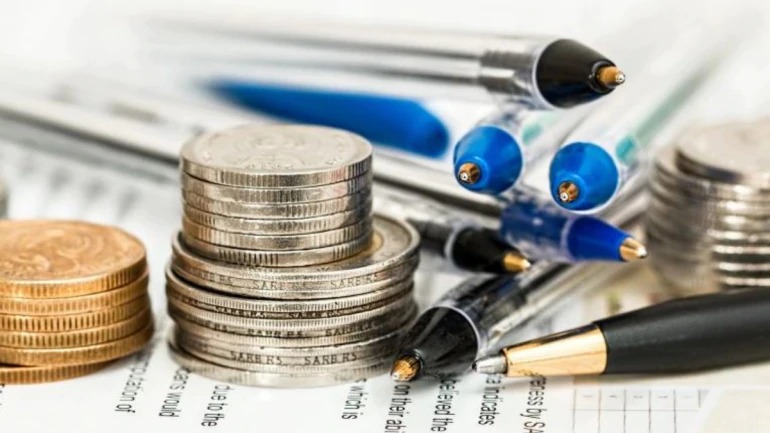A VAT is the consumption tax charged on the products according to the value at every point of sales. Starting from the raw materials and going down to the final retail purchase, the value gets added. The VAT is also known as the goods and services tax (GST) in some countries.
Unlike the sales tax, where the tax is collected only once at the consumer's point of purchase, in the VAT tax, it is collected every time a business purchases products from other businesses. Positively, VAT promotes tax compliance and operates against the black market.
In the VAT system, the consumer has to pay only for the cost of the product and doesn't need to pay for the material costs. For example, in a region a company produces bags, then VAT is charged for the materials and supplies used to produce the same, not for the consumer but for the manufacturer. The VAT tax is applied to the resources used. VAT increases government revenues and stops businesses in avoiding their taxes.
A VAT is an indirect tax where value is added at every stage of manufacturing and distributing, till the end when it is sold to the consumers. Thus it is a multi-point tax, which is introduced in more than 150 countries including the European Union (EU), the United Kingdom, Canada, New Zealand, Australia, Singapore, Malaysia, India, etc. However, some countries haven't yet introduced VAT. These include the USA, GCC countries, African continents, and some other countries.
Those who approve the VAT tax believe that this system promotes the payment of taxes and thus operates against the black market. Along with promoting and encouraging tax payment, this is also an efficient way of handling the tax revenues; improve the growth of a nation's GDP, and to terminate government budget deficits.
Those against the VAT system think that it is an unfair system of payment as there is income inequality. It is called so as all the individuals belonging to different income levels have to pay the same percentage, regardless of how much you earn. People with lower incomes are the ones who suffer the most.

On 1st January 2018, VAT was introduced in the UAE with a rate of 5%. This decision will be of great advantage to the government as its perception of reducing dependence on oil and other hydrocarbons as a source of income can be fulfilled. The VAT applies to both UAE mainland and free zones businesses. The new VAT law has brought transformations in the economic dynamism of the country. Even though the VAT is applicable in most transactions, few items are exempt from VAT.
To meet your taxation liabilities, our team of VAT experts specializes in tax management and consulting. We aim to reduce the burden and time spend on VAT compliance and provide the best tax consultancy services. Do check out our website for better assistance and guidance.


